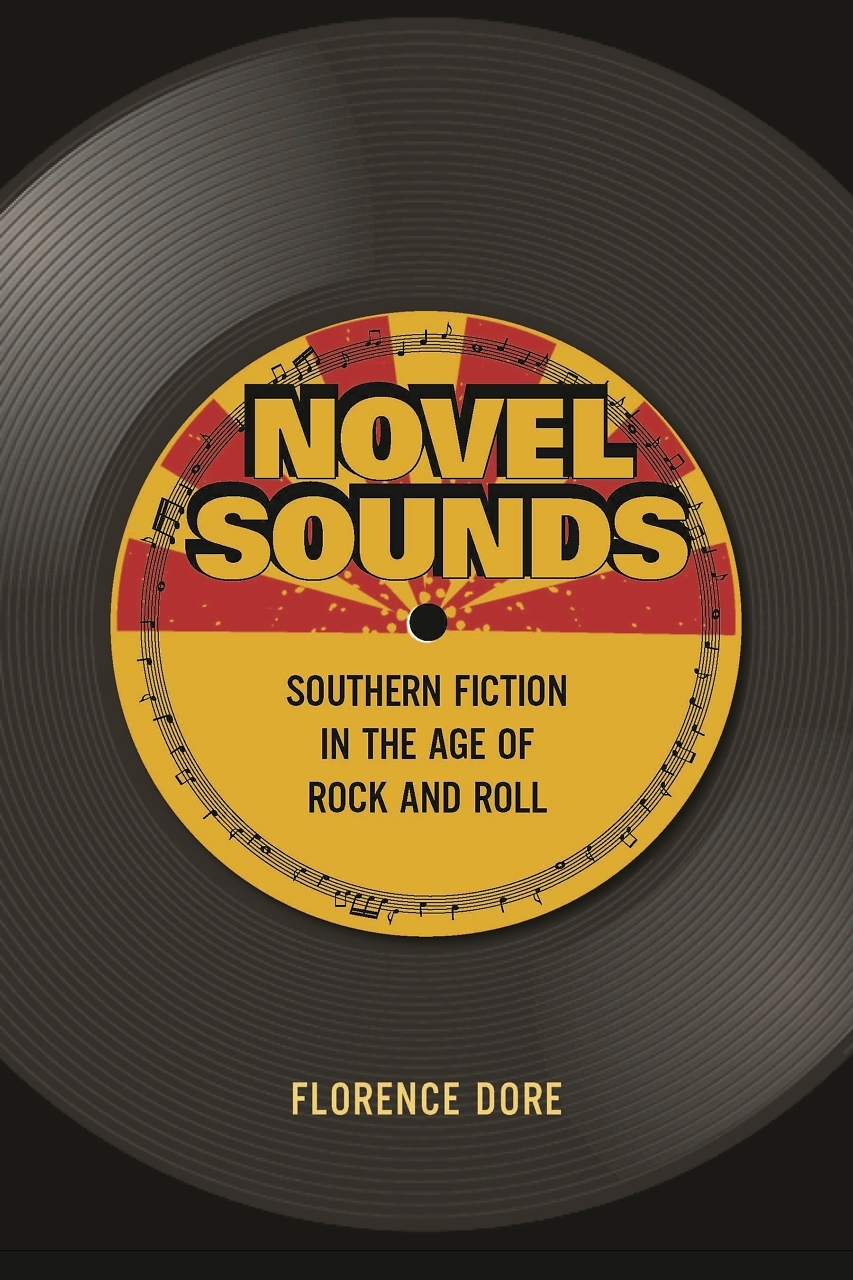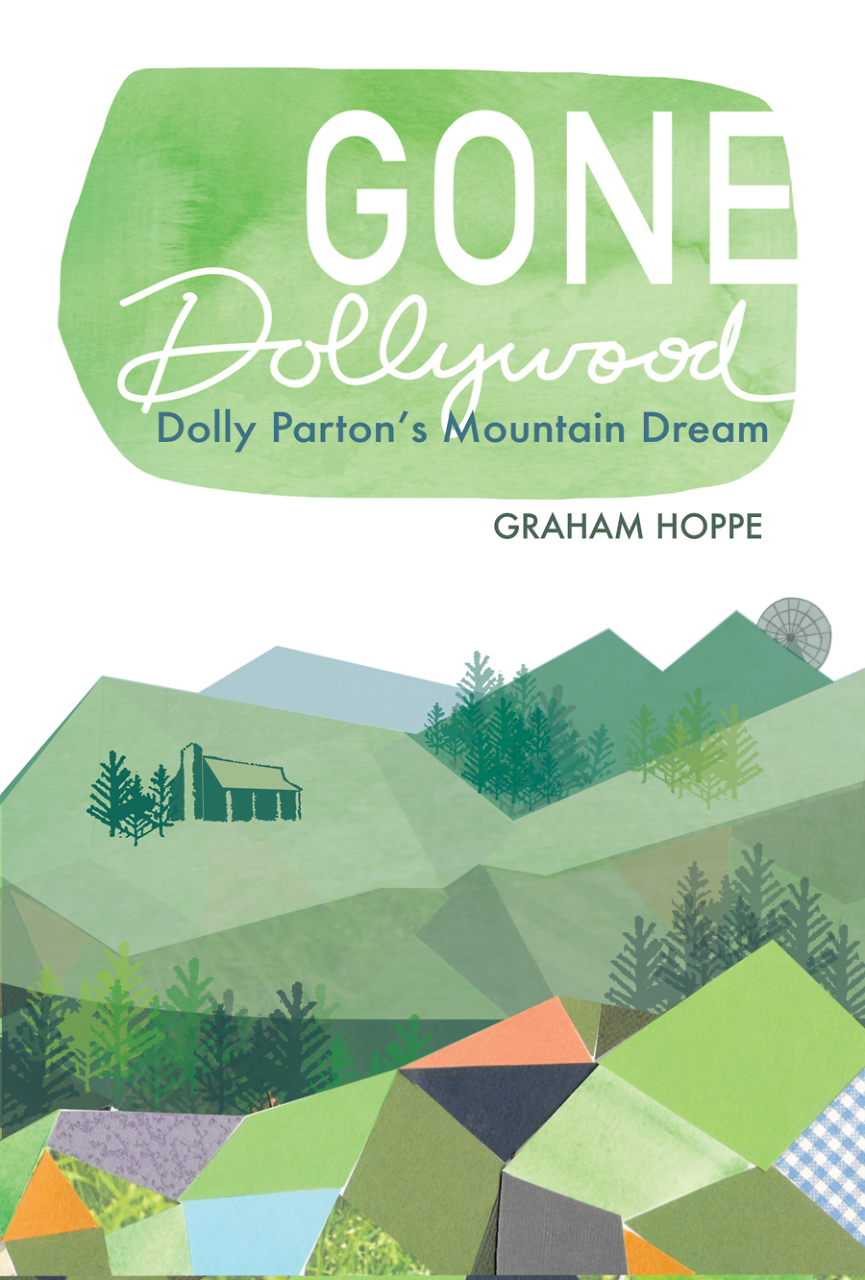Hip-Hop Homeboys
Ben Westhoff’s new book finds hip-hop born again in the South
In the introduction to his new book, Dirty South, Ben Westhoff outlines the New York origins of rap, its transformation into a unique West Coast style, and the deadly rivalries that created real body counts between the warring factions. But the real focus of Dirty South is the rise of a third front that finds artists and groups from below the Mason-Dixon Line dominating the charts and soaking up the spotlights. It’s a style that emphasizes danceable bass and favors grunts and chants over metaphor-heavy lyrics. More than just a music book, Dirty South is an exploration of the racism, poverty, joie de vivre, and pride that are all a part of the art and lives of some of the biggest rap artists in the South and the world. Along the way, Westhoff plays equal parts flatfoot reporter and gonzo journalist, immersing himself—and his readers—in a culture that is as vibrant and provocative as the music it’s become known for.
The ghost in Westhoff’s machine is a cross-dressing middle-aged man who raps under the name Ms. Peachez. Peachez created a YouTube sensation with a song called “Fry that Chicken” in 2006, and while most viewers might just think of it as a funny song, Westhoff points to the “Fry that Chicken” phenomenon, and the ruckus it caused in the coastal hip-hop communities, as an example of all the bad feelings and bruised egos that have resulted from the rise of Southern rap. Many critics inside hip-hop, including luminaries like Ice-T and members of the Wu-Tang Clan, have vilified Southern rap as an industry-driven genre that exploits the worst stereotypes of black culture, and even if you haven’t seen Ms. Peachez in action, Westhoff’s outrageous descriptions certainly suffice:
 Such criticisms only seemed to spur Peachez’s popularity, and she proceeded to release a series of follow-ups, each more outlandish than the last … . The most provocative in the series had to be “From the Country,” which opens with a nearly toothless midget named Uncle Shorty, who wears a curly blond wig and chows down on some watermelon. There’s a guy in a chicken suit, tractors, and Ms. Peachez showing off a plate of candied yams covered in flies. Meanwhile, kids perform steps with names like “The Neck Bone,” “The Corn Bread,” and “The Collard Greens.”
Such criticisms only seemed to spur Peachez’s popularity, and she proceeded to release a series of follow-ups, each more outlandish than the last … . The most provocative in the series had to be “From the Country,” which opens with a nearly toothless midget named Uncle Shorty, who wears a curly blond wig and chows down on some watermelon. There’s a guy in a chicken suit, tractors, and Ms. Peachez showing off a plate of candied yams covered in flies. Meanwhile, kids perform steps with names like “The Neck Bone,” “The Corn Bread,” and “The Collard Greens.”
While Dirty South is peppered with strip clubs, house parties, and recording studios, it also finds Westhoff seeking Southern rap’s story in rural communities and urban ghettos, meeting face to face with a variety of artists, from online stars like Ms. Peachez to mega celebrities like Lil Wayne and Big Boi from Outkast. As his investigation proceeds, the myths of Southern hip-hop are stripped away.
Far from being an industry-created phenomenon, Southern rap rose to prominence through DIY promotion by genre-godfathers like Luke Campbell and artists like Soulja Boy, whose number-one hit, “Crank That (Soulja Boy),” was an online smash before being officially released. Westhoff also shows Southern rap’s over-the-top image to be far from exploitative or even ironic. Despite their sometimes outrageous stage personas, the rappers in Dirty South tell engaging, hilarious, redemptive stories about the power of music and the importance of the places where they grew up. There is a lot of pride on display here, but there is also sincere humility. And while her act is certainly meant to grab attention, perhaps Ms. Peachez sums Southern rap up best: “I’m from the country. That’s how we do. It’s part of our lifestyle. Part of our heritage.”
Ben Westhoff will discuss Dirty South at DK Booksellers in Memphis on May 9 at 6 p.m.


